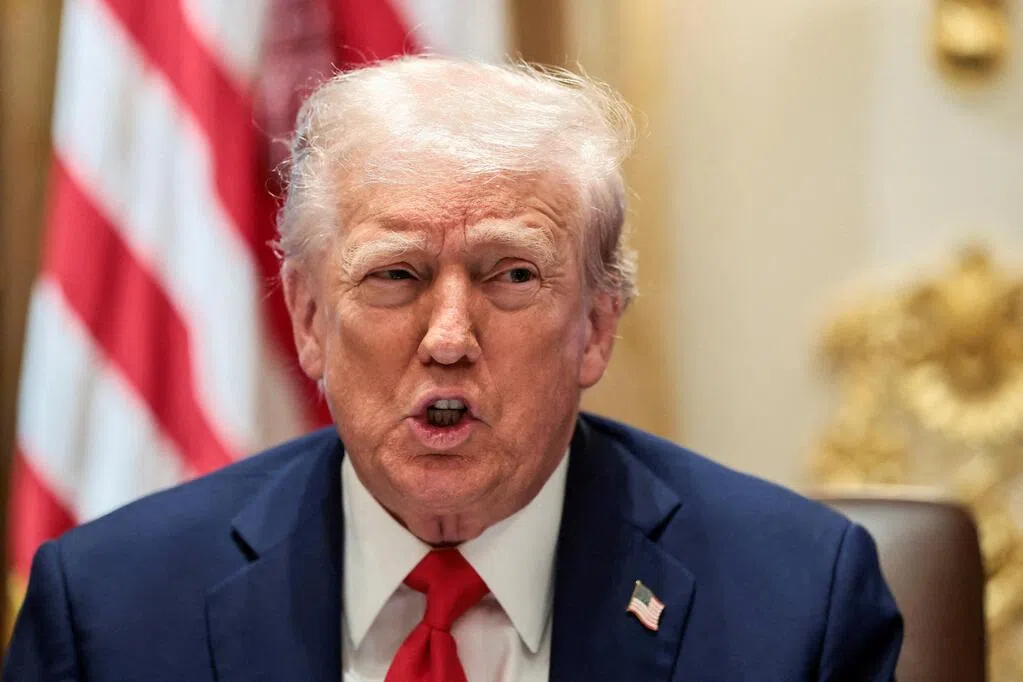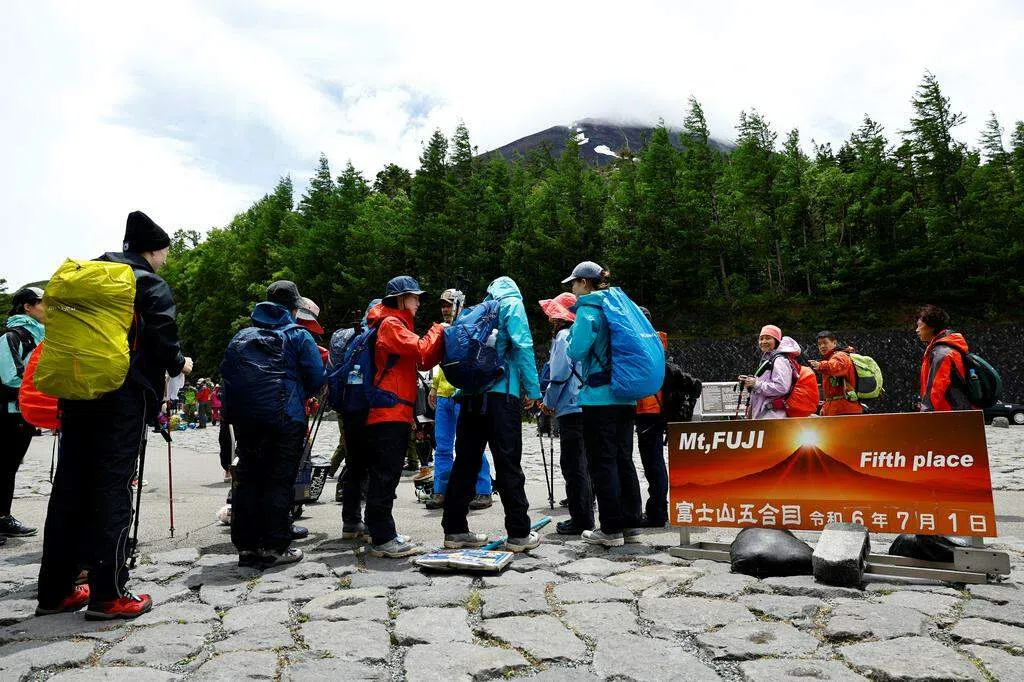(Jerusalem, October 21) The United States and Israel are considering dividing the Gaza Strip into two zones, one controlled by Israel and the other by Hamas, with reconstruction work to take place only in the Israeli-controlled area until Hamas disarms and steps down in accordance with the peace agreement.
U.S. Vice President Cyril Vance and President Trump's son-in-law, Jared Kushner, outlined the concept at a press conference during their visit to Israel on Tuesday (October 21). Vance noted that Gaza is currently divided into two zones, one relatively safe and the other extremely dangerous, and that the current goal is to gradually expand the safe zone.
Kushner said that until this goal is achieved, reconstruction funds will not flow to areas still controlled by Hamas, and the focus will be on building safe zones.
According to the Wall Street Journal, the plan is still in its early stages, but the United States and Israel have raised it during ceasefire negotiations. Arab mediators have expressed alarm and strong opposition, believing it could allow Israel to establish a permanent zone of control in Gaza, under which they would be less likely to send troops to help maintain security.
Under the first phase of the Trump-brokered peace agreement, Israel and Hamas ceasefired on October 10th, with the Israeli army withdrawing to the so-called "Yellow Line," leaving it in control of approximately half of Gaza. According to the agreement, the area controlled by Israel will gradually shrink as the terms are met.
Further Reading
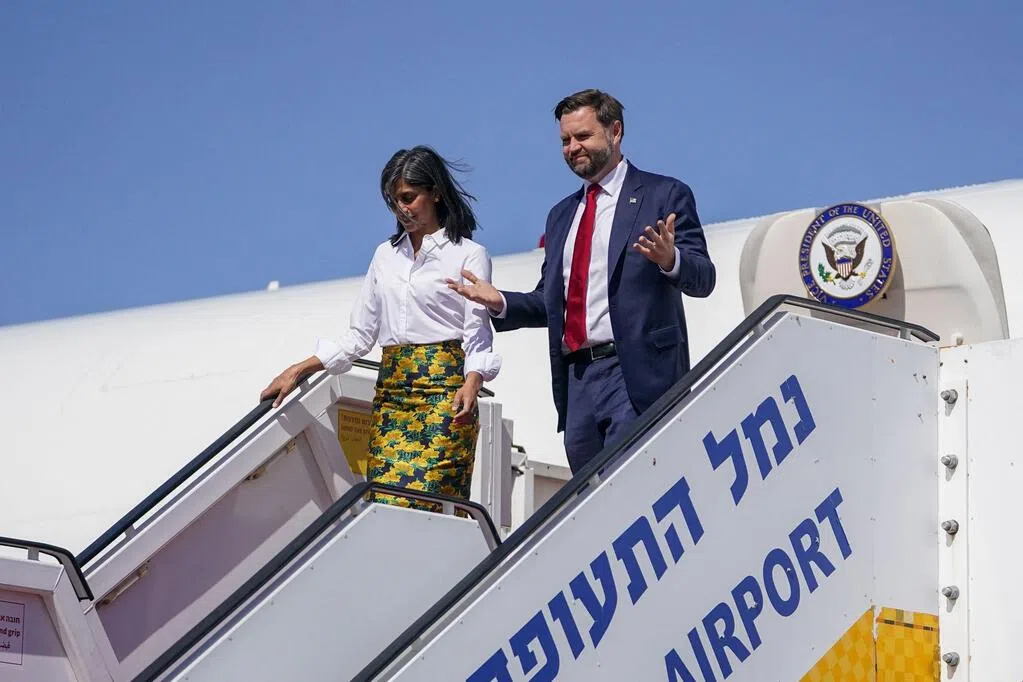
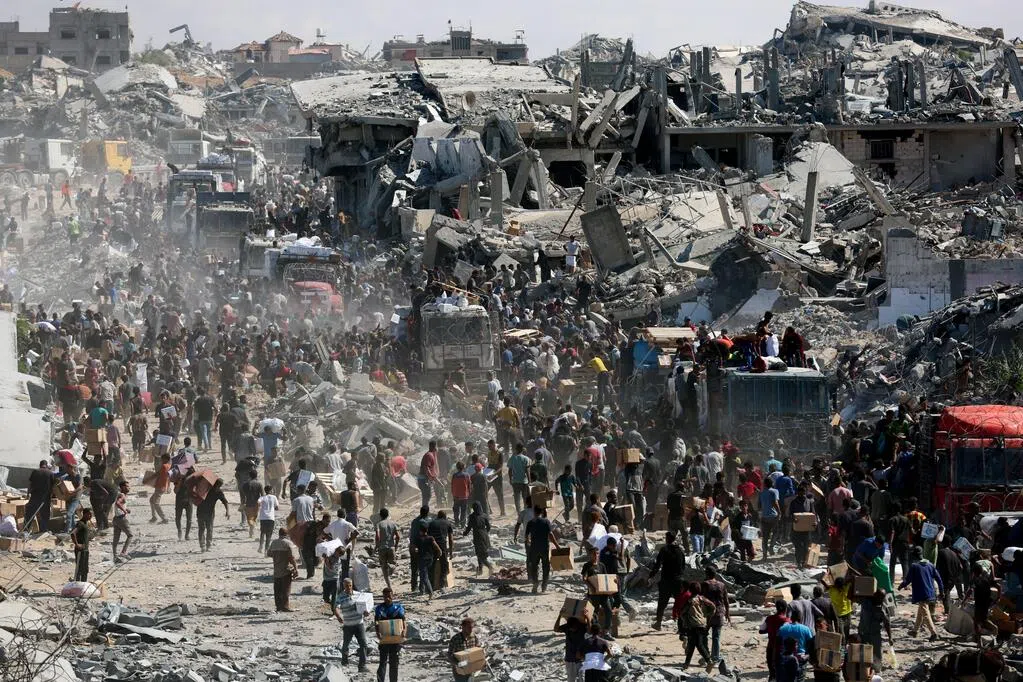
The idea of partitioning Gaza highlights the difficulties of getting Hamas to disarm, establish an alternative government, and create a secure environment for Gaza's reconstruction. Former Israeli defense official Avivi noted that the plan is intended to pressure Hamas to disarm. He predicts that if Hamas refuses to relinquish power, Israel may attempt to expand its area of control in Gaza.
White House officials say Kushner was the primary driving force behind the idea, developing it with US Middle East envoy Witkoff and securing support from Trump and Vance. However, key issues remain, including how to provide daily services to Palestinians in Israeli-controlled areas and preventing Hamas infiltration.
Mustafa, a researcher at the European Council on Foreign Relations, warned that any plan to partition Gaza would face strong resistance from Palestinians, who fear it would become another West Bank. He noted: "Gaza is the only contiguous piece of land that constitutes a Palestinian state. Such a plan could create the Palestinians' worst fears."
The Israeli parliament on Wednesday preliminarily passed a bill extending Israeli sovereignty to all West Bank settlements and another bill annexing a major settlement. U.S. Secretary of State Rubio warned that Congress's advancement of the West Bank annexation plan could jeopardize the Gaza peace agreement.
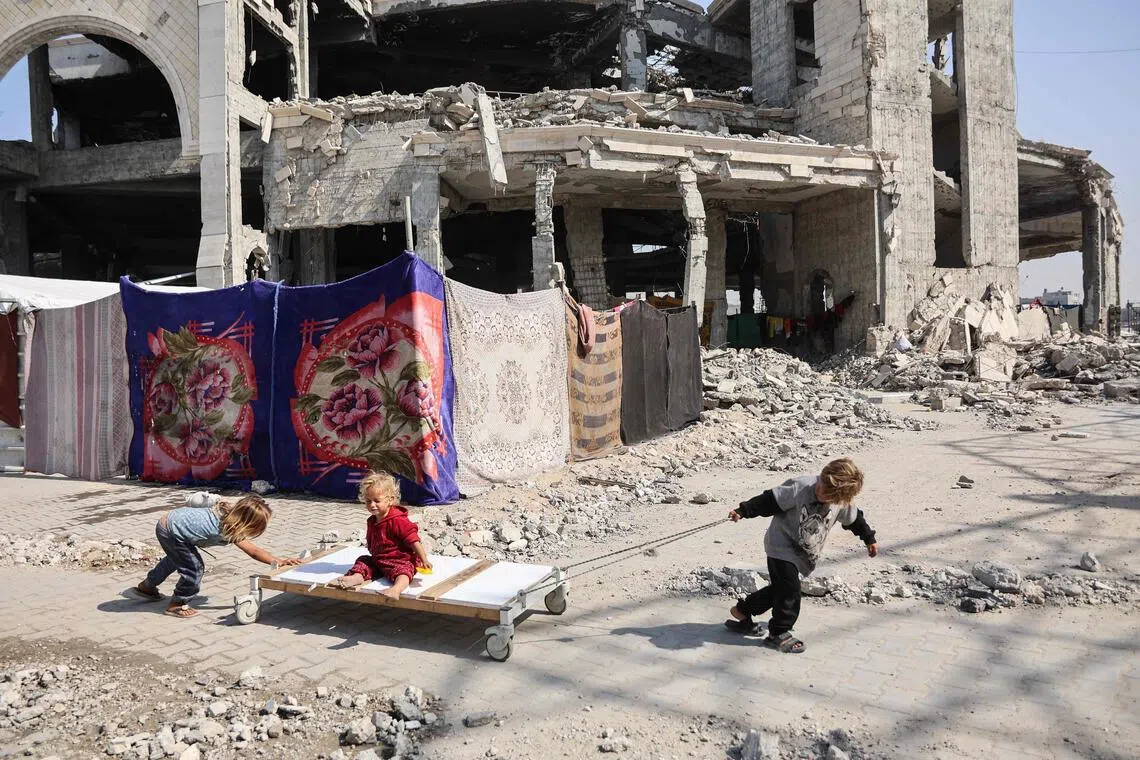
On Wednesday (22nd), UN human rights expert Albanese criticized the Gaza ceasefire plan as inconsistent with international law and insufficient to address the "genocide perpetrated by the US and Israel against the Palestinian people." She stressed that the ceasefire plan must include a commitment to "end the aggression, end the exploitation of Palestinian resources, and end colonization."
The International Court of Justice issued an advisory opinion the same day, stating that Israel must fulfill its obligations under international humanitarian law to facilitate the flow of humanitarian aid into the Gaza Strip and ensure the smooth passage of aid provided by UN agencies.
Israel immediately countered that this was another attempt to impose political pressure on Israel under the guise of international law.

